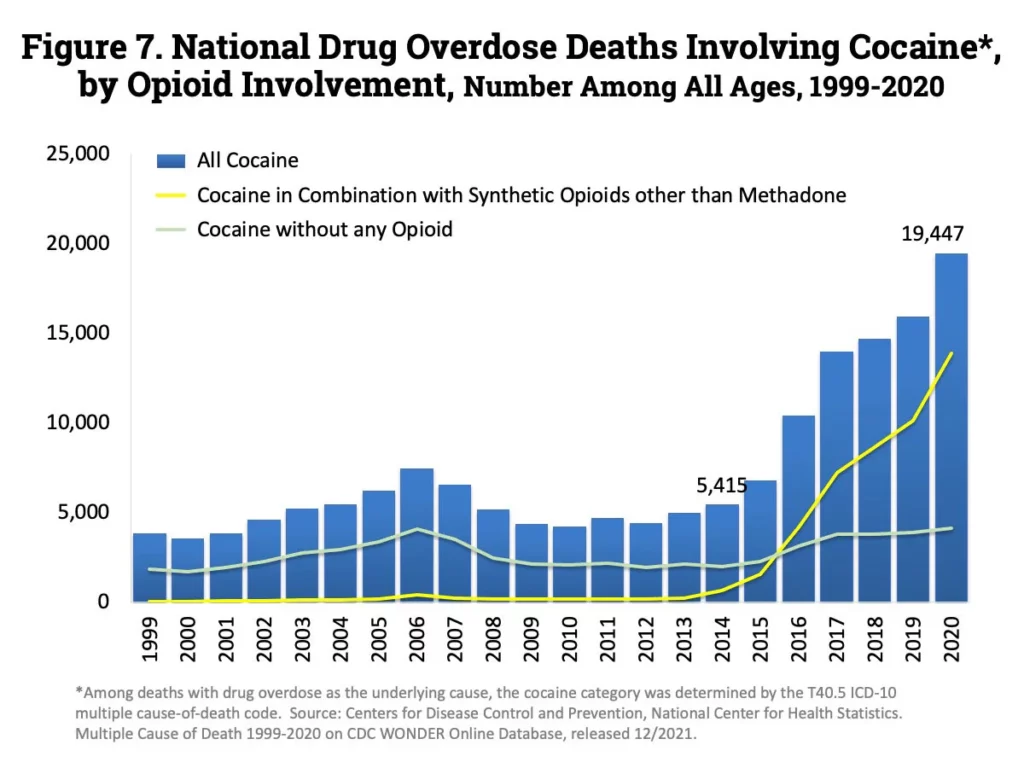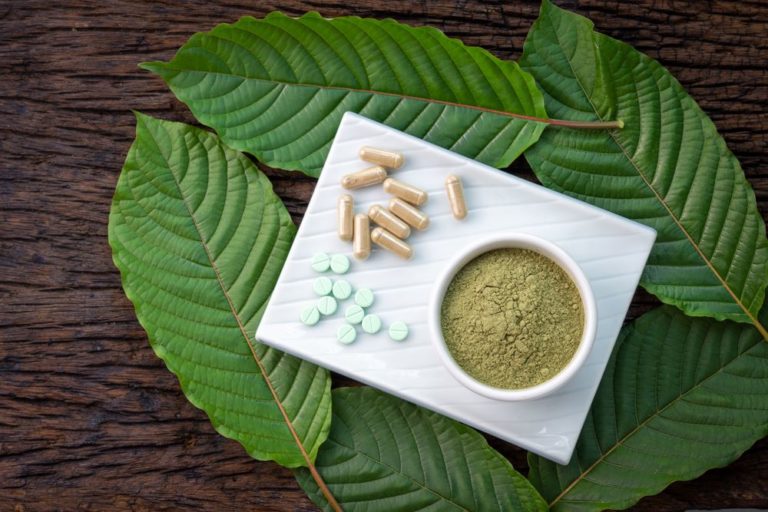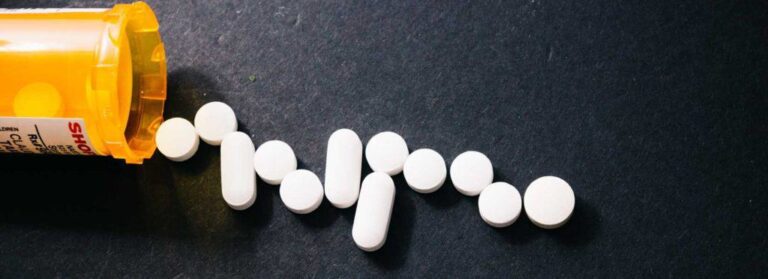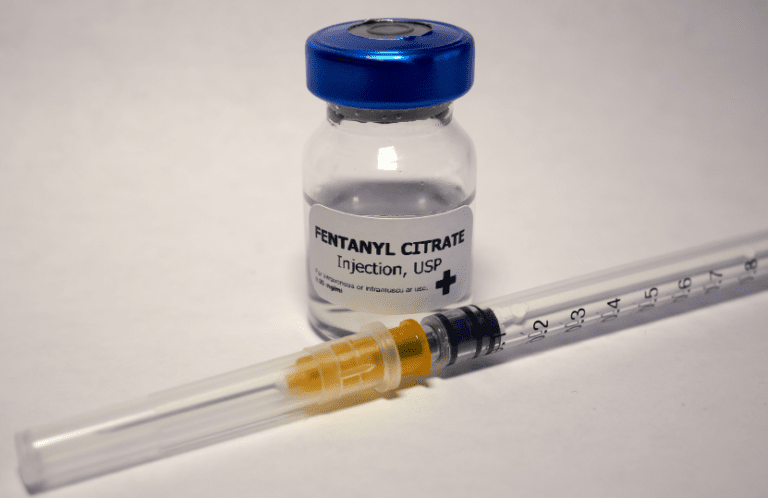5 Therapeutic Ways to Treat Cocaine Addiction
Chronic cocaine use can lead to long-lasting changes in the brain. These changes can alter a person’s perception, judgment, and memory, making it increasingly difficult to avoid taking the drug. Even after detox, many recovering individuals struggle to maintain their recovery. Depending on the severity of cocaine dependence, individuals may need to go through a specific treatment program for recovery.
Five different types of therapy have been shown to be effective in treating cocaine addiction. These treatments include behavioral therapy, addiction medicine, medications, psychological counseling, and relapse prevention programs. This article explores the scope of cocaine addiction in the United States as well as the different types of therapy used to treat cocaine addiction, as well as their potential benefits and risks.
Cocaine Addiction in the United States
According to the National Institute on Drug Abuse, approximately 1.3 million people in the United States had a cocaine use disorder in 2020 alone. That same year, an estimated 19,447 Americans suffered a fatal overdose involving cocaine. The graph below shows the significant increase in cocaine-related deaths in the US over the past two decades.

Although many people struggle with cocaine abuse and addiction, especially in recent years, few receive treatment for their disorder. Fortunately, there are several therapeutic ways to treat cocaine addiction if they do realize treatment is necessary. These therapeutic practices are described below.
1. Behavioral Therapy
Behavioral therapy is based on the idea that the way someone behaves is shaped by their past experiences. Exposure therapy is a type of behavioral therapy that uses exposure to the triggers that caused the addiction. For example, if a person becomes addicted to cocaine because they were told it was a “quick high” and that they “needed” it, exposure therapy might involve repeatedly facing situations where they are tempted to use cocaine.
This type of therapy helps people rewire their brains so that they no longer have a sense of “need” or “desire” for the drug. Successful behavioral therapy treatment is based on the person changing how they feel about using cocaine, not simply avoiding using it.
Cognitive-Behavioral Therapy, or CBT, was developed to prevent substance abuse relapse, and it has since been used to help cocaine addicts. Substance abuse is thought to arise from maladaptive behavioral patterns, which is why cognitive-behavioral strategies focus on learning. CBT teaches individuals to identify and alter problematic behaviors by applying a variety of skills that may be used to prevent substance abuse and address other issues that frequently occur simultaneously.
2. Addiction Medicine
Medications are an important part of drug treatment for cocaine dependence. Anti-anxiety drugs like Xanax and Ativan, sedatives like Klonopin and Valium, and antidepressants like Prozac can help reduce withdrawal symptoms like anxiety, insomnia, and depression. Some medications, like naltrexone, have been approved as a treatment for cocaine addiction.
Naltrexone blocks the effect of endocannabinoids, chemicals in the brain that are stimulated by cocaine use. Blocking endocannabinoids can help decrease the “high” felt from cocaine and reduce urges to use. It can also be used to help maintain abstinence if an individual decides to stop taking it. Naltrexone comes in both long-acting and injectable forms that must be taken under a doctor’s supervision.
3. Medications
Some medications have been found to be effective in treating cocaine dependence. For example, stimulants like Adderall and Ritalin have been used to treat cocaine dependence, but they may also be used to reduce cravings and help maintain abstinence. Medications aimed at blocking cravings, like bupropion and Vivitrol, can be used to help reduce the “need” for cocaine by disrupting brain chemistry. Mood stabilizers, like lithium and Depakote, can help stabilize moods so that people with co-occurring depression do not feel suicidal.
Benzodiazepines, like Xanax and Ativan, are used in treating cocaine dependence as well as anxiety, insomnia, and seizures. Antibiotics like Doxycycline can help reduce cravings for cocaine and quell the “munchies,” the urge to eat large amounts of fatty foods.
Many people struggling with addiction may also have a mental disorder. these situations are referred to as co-occurring disorders or Dual Diagnosis. In the event that an individual is suffering from co-existing disorders, medications can help treat the mental component, thereby potentially alleviating some impulse towards addictive behavior. Anti-anxiety and anti-depressant medications are frequently prescribed to people suffering from co-occurring disorders and, in combination with the proper therapies, the likelihood of long-term sobriety increases significantly.
4. Psychological Counseling
Psychological counseling helps people with cocaine dependence deal with the issues and emotions that may have led them to use. For example, a person might learn ways to cope with depression, anxiety, and stress. Psychological counseling focuses on changing the way someone thinks to help them avoid relapse.
Psychological counseling can also assist an individual in locating the source of the addiction. By identifying the source, or the reasons behind why cocaine use started, the individual develops a better understanding of themselves and their behavioral patterns. Addiction frequently stems from issues with trauma, emotions, and relationships, which can be addressed through psychological counseling. In addition to identifying the source of addiction, psychological counseling can also:
- Improve self-esteem
- Define personal goals and milestones
- Restore self-trust
- Uncover sources of emotional distress
- Improve communication skills
- Strengthen healthy decision making
- Teach coping mechanisms and strategies
5. Relapse Prevention Program
According to the National Institute on Drug Abuse, understanding that relapse is normal and common during addiction recovery is important. However, participating in a relapse prevention program can significantly reduce the likelihood of it happening.
According to research, 24% of people who underwent treatment for cocaine addiction relapsed and returned to using cocaine weekly within a year. Of those, 18% returned for treatment following a relapse. Relapsing on cocaine is quite common, especially among those with more severe addictions and those who attend treatment for a shorter period of time.
Relapse prevention programs help people prepare for the possibility of relapse by identifying ways to prevent it. For example, people in a relapse prevention program might be asked to write down how they typically use cocaine, identify any triggers that typically lead to relapse, and develop coping mechanisms if they feel the urge to use again.
With the help of a network of support people, individuals can avoid isolation since isolation often leads to relapse. These programs can be found in many different forms, from group meetings to online support groups. Members of these groups often share their experiences and offer support to new members, which can help with both early recovery and later stages in the recovery process.
Trust Oasis Recovery
Cocaine is a highly addictive drug that can cause changes in brain structure and function. To successfully recover, an individual will need to address their cocaine dependence. Behavioral therapy and medications are two types of treatment that can help an individual achieve and maintain abstinence.
If you feel that you or a loved one may be struggling with substance abuse, you are not alone. Substance abuse and addiction can affect anyone. If you or a loved one are currently struggling with addiction, help is available! We encourage you to reach out to the professionals at Oasis Recovery to learn more about our personalized treatment programs and mental health services.
Oasis Recovery was founded from firsthand experience of addiction and recovery, with a mission of providing a space where people can heal from addiction in a compassionate, creative, open-minded, and heart-centered environment. We believe recovery is always possible. Our experts work with you to design a treatment plan that fits your needs. Common treatment programs include:
- Intensive Outpatient Programs (IOP)
- Full-time Addiction Treatment on campus
- Aftercare Services
Contact us or call us today for more information about how our programs and services can help you get your life back on track. You no longer have to struggle with addiction on your own. We are here to help.













